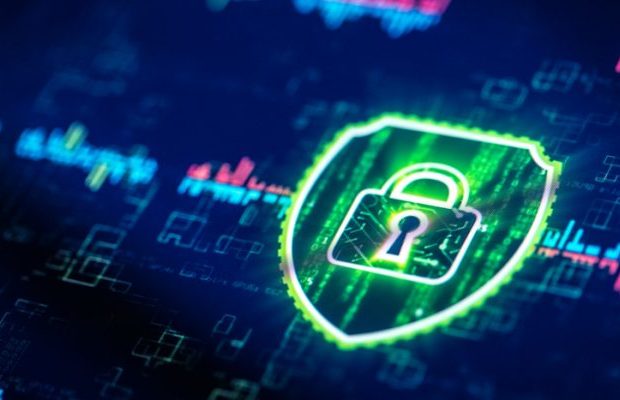Check, check, check and check!
https://thepreppingguide.com/is-my-vpn-secure-4-ways-to-ensure-protection/
https://thepreppingguide.com/is-my-vpn-secure-4-ways-to-ensure-protection/
Is My VPN Secure: 4 Ways to Ensure Protection
By Guest Contributor
https://thepreppingguide.com/is-my-vpn-secure-4-ways-to-ensure-protection/#respond

A VPN is a great tool for helping to protect your online information, however, they’re not without their faults. Without the proper know-how and protective measures, it’s possible for people to access your information through a VPN. In this article, we’re going to outline some basic tips for ensuring that your VPN is protected.
1. Is Your VPN Free?
One of the first things that you should consider is whether to use a free or paid service. It’s important to remember that free VPNs need to maintain their upkeep somehow, and this often means profiting from the data of their users. In many cases, these companies sell the data of their users to a high bidder. This completely throws off the decision to use a VPN in the first place and contradicts the privacy protection. A good VPN may cost you more, but it is likely to serve its purpose.
2. Check for WebRTC Protection
Daniel Roesler, Developer and CTO of UtilityAPI, found a flaw in many VPNs that proved that many companies are unable to eliminate the geolocation protection that many users seek from their VPNs. It was discovered that remote sites can take advantage of a feature built-in to most browsers known as WebRTC (Web Real-Time Communication) that reveals the user’s real IP address. This means that companies such as Netflix and Hulu can theoretically track your data even if you are using a VPN by simply using a few lines of code that deactivates this.
One of the simplest ways to do this is to install an extension known as ScriptSafe on your browser, given that you’re using Chrome. It is a pretty heavy extension, but it will disable WebRTC completely in your browser. If you are using Firefox, you have the option to disable WebRTC on your own from the Add-ons section.
3. Configure a VPN Router
Another thing to do, best done in conjunction with some of the above techniques, is to configure your VPN through your router. This will protect all the devices running at your home and will provide you with superior security.
This can be a bit complex for people who are unfamiliar with setting up VPNs, but you can usually do so through your router’s administrator page. Ask your ISP to help provide further information on how to set this up.
4. Use Private Browsing Mode
Every browser has a private browsing mode which is said to hide your identity online. It doesn’t really hide your identity, but it does stop websites from accessing data stored in your browser. You may also need to check a few settings of the private browsing mode. Almost all websites, especially search engines, first check your location, cookies, history, sessions, and bookmarks before showing any results. While their excuse for this is ‘better user experience’, they mostly use it to show you relevant advertisements. The private browsing mode will stop the websites from doing so. However, it doesn’t encrypt data or change your IP address. Online browsing can be made safer if you use a VPN with the private mode.
